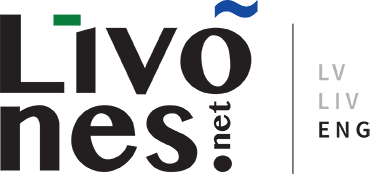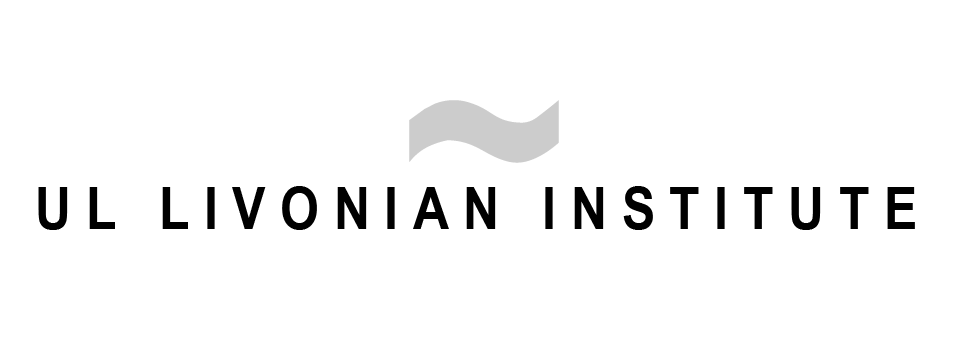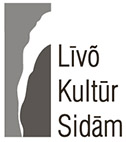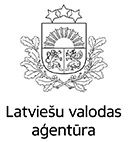Welcome to the new section on livones.net hosting various resources for learning about and studying Livonian. Currently, this section contains studies of Livonian, the newest online version of the Livonian-Estonian-Latvian dictionary, the Livonian place name register, and a list of words borrowed from Livonian into Latvian. These Livonian language resources were developed with the support of the Latvian Language Agency (Latviešu valodas aģentūra).
Along with individual words, their meanings, and examples showing their use in context, each entry in the Livonian-Estonian-Latvian dictionary also contains that word’s declined or conjugated forms. These can be accessed by clicking on the type number after the entry. The expanded search makes it possible to find the search term in other dictionary entries as well as the uses of this word within the Livonian written language corpus.
Already this year, this new section of the portal will be supplemented with sections from the new Tartu University Livonian language reference grammar as they become available.
1909 – Väinö Kyrölä, a Finnish philologist and Liv supporter was born. Died in 2003.
18/07
2004 – in Staicele, a boundary-mark Eesti-Līvõmō-Latvia (sculptors Zigrīda and Juris Rapa) was opened.
25/07
1999 – in Ozolnieki farmstead, Vaide village, the first Liv language speakers’ camp started.
31/07
1992 – the first issue of the renewed monthly paper Līvli was published.
01/08
1921 – Anna Zariņa, an archaeologist and expert in the ancient Liv clothing, was born. 1998 – the International Liv Friends’ Society was founded.






